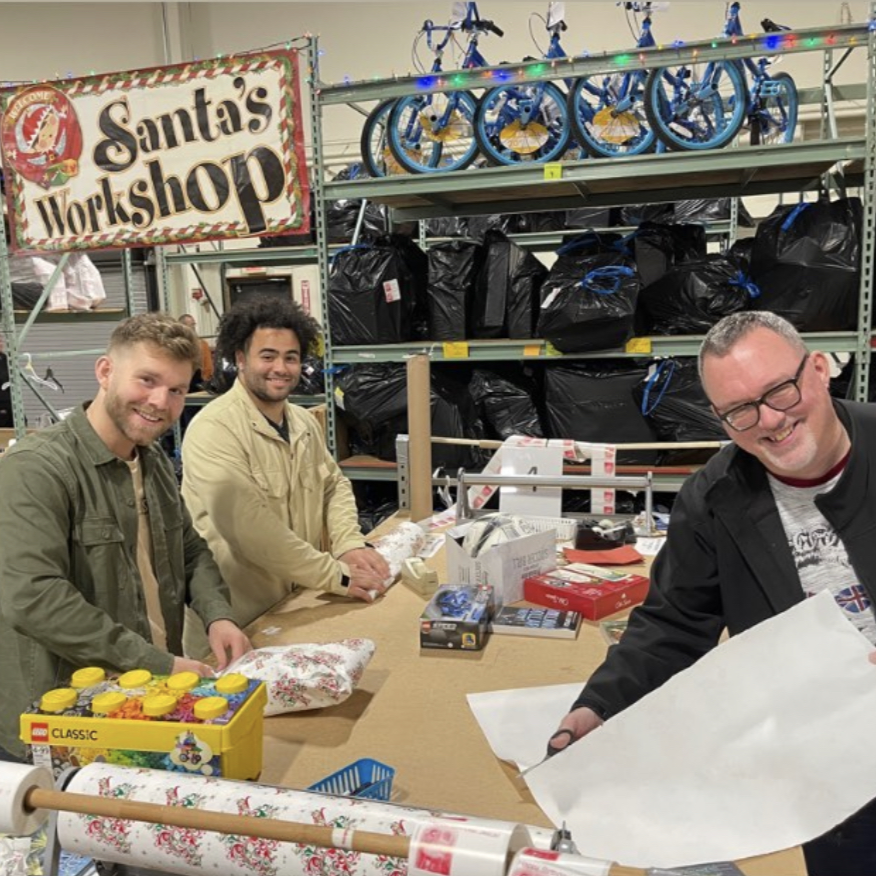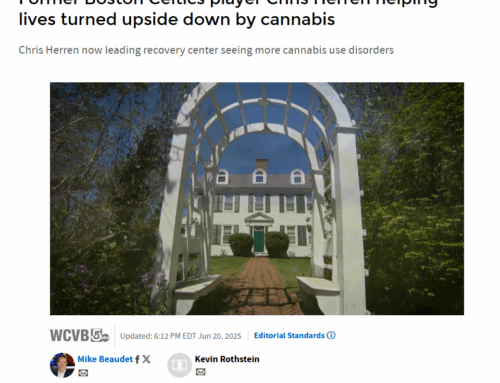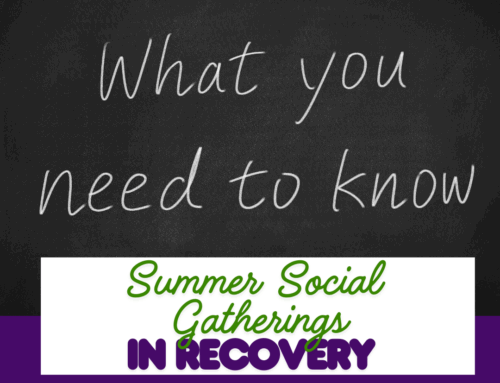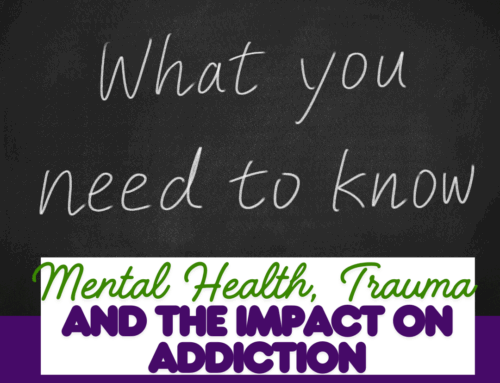The holiday season, a time of joy, laughter, and togetherness, can also bring elevated stress, anxiety, and overwhelm. Balancing work, shopping, decorations, and social obligations can be challenging during this busy time, in particular for people in recovery.
Throw in the expectations of holiday cheer and harmonious family gatherings, and it’s no wonder many of us feel the strain.

10 Ways to Manage Stress During the Holiday Season
Set Realistic Expectations
It’s easy to get carried away with the idealized version of the holidays: a perfectly decorated home, impeccable meals, and everyone getting along harmoniously. Remember, perfection is an illusion. Anticipate some bumps along the way. If you keep your expectations realistic, you’ll be more adaptable when things don’t go as planned.
Plan Ahead
Procrastination can be a significant source of holiday stress. Start early. Whether it’s shopping for gifts, meal planning, or organizing your schedule, setting tasks and deadlines well in advance can make a world of difference. Don’t be afraid to plan your exit from events as well, if you start to feel uncomfortable, allow yourself the space to excuse yourself from difficult situations which may negatively impact your recovery.
Practice Self-Care
Prioritize your well-being. Engage in activities that rejuvenate you, whether it’s reading a book, taking a walk, or meditating. Ensure you’re getting enough sleep and maintain a balanced diet. The holidays can tempt us with treats, but moderation is key. Also, exercise releases endorphins, natural stress-relievers, so try to fit in some physical activity.
Communicate Openly
If certain topics lead to family disagreements, it’s okay to set boundaries. A simple, “I prefer not to discuss this right now,” can keep the peace. If you’re hosting, make your needs and plans clear to attendees in advance. If you’re attending, don’t be afraid to ask the host about details so you can be prepared.
Delegate Responsibilities When You Can
Remember, you don’t have to do it all yourself! If you’re hosting a dinner, for instance, consider making it potluck-style, or assign tasks like setting the table or pouring drinks. By sharing responsibilities, you alleviate pressure and foster a sense of community.
Limit Financial Stress
Set a realistic budget for gifts, travel, and other holiday-related expenses. It’s tempting to overspend, but the financial stress in January when the bills come due isn’t worth it. If funds are tight, consider hand-made gifts or offer acts of service. It’s the thought and intent behind the gift that counts.
Take Breaks
If you find yourself becoming overwhelmed or agitated during a family gathering, take a moment for yourself. Step outside for fresh air or find a quiet space to regroup. This brief respite can help you recalibrate and approach situations with renewed patience.
Seek Support
If you find the holidays consistently stressful or saddening, consider speaking to a therapist, trusted friend, or spiritual advisor. Turn to your recovery network or your sponsor. They can offer coping strategies and provide a safe space to discuss your feelings. Sometimes, just verbalizing your anxieties can be incredibly therapeutic.
Go with the Flow
Finally, remember that it’s okay if things don’t go according to plan. Some of the most memorable holiday moments come from the unexpected. Embrace these surprises and cherish the unique quirks of your celebrations. Most importantly, enjoy each moment as you experience the holidays sober.
Prioritizing Your Recovery During the Holidays
For individuals in recovery, the holiday season can present a unique set of challenges.
When you’re in recovery, the holidays can become a daunting maze of potential triggers, difficult memories, and societal pressures.
However, with the right mindset and tools, you cannot just survive the holiday season but thrive throughout it.
Here are some useful tips for prioritizing your recovery during the holiday season:

Prepare for Holiday Events and Gatherings
Preparing for holiday social events in advance can reduce stress and decrease the risk of relapse. If there are certain events, you’re apprehensive about, such as a work holiday party or a family get-together, consider talking to a trusted friend, therapist, or sponsor about your concerns. They can offer advice, support, or even accompany you. Have someone on alert while you’re at the event that you can reach out to in real-time if the need arises.
Have an Exit Strategy
If you decide to attend gatherings, always have an exit plan. This could be as simple as driving yourself so you can leave when you feel it’s time, being prepared with a ride-share app for a graceful exit, or setting a time limit for how long you’ll stay.
Set Boundaries
It’s always okay to say no. If you’re invited to an event where you know there’ll be heavy drinking or other potential triggers, consider whether it’s the best environment for you. Prioritize your well-being above societal expectations. Remember, those who love and care about you want you to put your recovery first.
Bring What You Like to Eat and Drink
If you’re concerned about alcohol or other substances that may be present at a holiday gathering, bring your own beverages and foods you enjoy. This ensures that you always have a safe beverage of your choice in your hand, and don’t have to keep declining offers of alcoholic drinks. Bringing your favorite appetizers or entrees means you know you will have a special treat you enjoy available.
Lean on Your Support System
Keep in close contact with your support network. This could be a 12-step group, close friend, trusted family member, or therapist. Check-in regularly and consider attending extra meetings before and/or after if you feel the need.
Create New Traditions
Recovery is a journey of rediscovery. This holiday season, consider starting new traditions that align with your sober lifestyle. This could be a new hobby, volunteering, or simply taking a holiday trip to a new destination.

Avoid Isolation
While it’s important to avoid triggering situations, isolating yourself entirely can be detrimental. Find a balance that ensures you’re surrounded by positive and supportive individuals during the holidays. Seek out people who support your recovery and spend quality time with them.
Ask for Help
If you find the holiday season particularly challenging, ask for help. This might mean reaching out to your support network, seeing a therapist, or seeking additional resources tailored for individuals in recovery during the holidays.
While the holiday season can be a challenging time for those in recovery, it’s also an opportunity to showcase the strength and resilience you’ve developed on your journey. By leaning on your support systems, setting boundaries, and focusing on self-care, you can not only navigate the season but find joy and meaning in the process.
Remember, every day you choose recovery is a day worth celebrating!

About Herren Wellness
Herren Wellness is a thriving community of people at all stages in their recovery journey. We introduce holistic therapies and strategies centered around emotional, physical, and spiritual wellness, in addition to life coaching sessions, family support and an individualized wellness plan to provide a solid foundation in recovery from alcohol and substance use.
We believe that staying connected and community has a lasting impact on recovery, and encourage all alumni to participate in our weekly alumni meetings, seasonal events and annual retreat. Your connection to Herren Wellness doesn’t end when your stay ends; we are there for you throughout your recovery journey.





